I wish I could remember the first time I read a graphic novel. But all I can really remember is how I felt afterward. How I was overwhelmed (in a good way) by all the emotions I felt experiencing the pairing of language with images. Being struck by stunning images and later taking in the language or vice versa is unlike any other reading experience. It’s those feelings I often think back to when I try to explain my love for the graphic novels genre—how underrated the genre is and how I wish more people would give the genre a chance. There is so much in graphic novels that could make your soul stir, make you cry and or laugh at the same time. In fact, to date, the one book I have written about and recommended extensively anytime I get asked for a recommendation is a graphic memoir.
The thing is, I can’t seem to stop myself from writing about it or recommending it because it’s literally helped me through so much as a queer brown Mother. If you are familiar with my book recommendations, you know I am talking about Good Talk: A Memoir in Conversations by Mira Jacob. I might not be able to remember the first time I read my first graphic novel but I can bring to mind a few other books that continue to further cement my love for the genre.
They Called Us Enemy by George Takei, Justin Eisinger, and Steven Scott with Art by Harmony Becker
You might be familiar with George Takei from his role as Kiraru Sulu in a very well-known television series called Star Trek—however, did you know that Takei and his family were part of the thousands of Japanese American families held in 1940’s internment camps after President Franklin D. Roosevelt ordered every person of Japanese descent on the west coast to be held under armed guards? In this graphic memoir, Takei and contributors weave his family’s story in the internment camps with the history of othering and discrimination that Japanese Americans faced due to fear and legalized racism. Takei’s story reminded me of the cruel and continual relationship with discrimination and othering this country faces daily.
Seek You: A Journey Through American Loneliness by Kristen Radtke
With the pandemic continuing to rage on, a lot of us are experiencing a new level of loneliness having to be physically distant from each other, which is one of the reasons I find Seek You a necessary read. Learning about the ways in which we can experience loneliness even present among a group of individuals and the psychological weight of loneliness armed me with the language to name the emotions I’ve been feeling. Kristen Radtke captures the depth of human loneliness while unfolding its psychological history, by spotlighting Harry Harlow’s cruel social isolation experiments with rhesus monkeys and his own experiences with loneliness.
Apsara Engine by Bishakh Som
Prior to reading Aspara Engine, I had no idea you could experience short stories in this way. Friendship, gender, queerness, relationships and the monotony of everyday life are explored in eight illustrated short stories. The imagery by itself imprints a reader with the specific mood that carries as you move through each story. Sometimes dark, sometimes funny, each story builds upon the last and centers queer and trans characters in a way they should always be centered.
My Lesbian Experience With Loneliness by Nagata Kabi
This autobiographical manga explores sexuality and mental health in such an honest and vulnerable way I haven’t seen explored before. Kabi discusses her struggles to accept that she’ll never meet her parent’s expectations of her, because she wants something completely different for her life. These expectations weigh so heavily on her that they cause isolation, depression and anxiety among other mental health illnesses. They also interfere with her ability to find a connection with someone and explore the power of intimacy. This is the first in a series of other titles (My Solo Exchange Diary Vol.1 and My Solo Exchange Diary Vol. 2) the author has written to give light to anyone struggling with healing and self-love.
Feelings: A Story in Seasons by Manjit Thapp
Earlier this summer I wrote about the mental health hurdles I often find myself encountering during the summer—mainly how much I struggle with feeling like I’m supposed to only feel “happy” during the summer. Feelings: A Story in Seasons illustrates those emotions and more. It’s a brief but impactful book about Thapp’s cycle of your feelings across a full calendar year. For me, seeing these illustrations of similar feelings I cycle through along with the changing seasons, helped me understand the impermanence of both and through that the need to accept/live in the present moment.
I Was Their American Dream: A Graphic Memoir by Malaka Gharib
In this graphic memoir, Gharib, a Filipino and Egyptian child of immigrants, details what it’s like to come of age in America. The ways in which she adapts and navigates different cultures and customs ultimately lead her to find a level of balance true to herself. The illustrations in this memoir filled me with nostalgia, reminding me of the comics I’d read as a kid. Pairing that nostalgia with the similarities I experienced as a child of immigrants, this memoir felt like seeing part of my own story in a book.
Are You My Mother?: A Comic Drama by Alison Bechdel
If you are familiar with graphic novels, you might know the name Alison Bechdel. I came to know of her by her very popular book turned into a broadway adaptation, Fun Home: A Family Tragicomic by Alison Bechdel. While I enjoyed Fun Home and would definitely recommend it, Are You My Mother? holds a special place in my heart. This comic drama is part memoir, part diary; a complete unfiltered internal examination of Bechdel’s relationship to her Mother. It was the psychoanalysis and internal dialogue that Bechdel explores through images in this book that spoke to me the most as a young queer person, who at the time, did not have the resources to seek out therapy myself.
My Brother’s Husband (Volume 1 and 2) by Gengoroh Tagame
This traditional manga series is one of my absolutely favorite queer stories. For me, it centers on the possibility of healing familial wounds created by homophobia. Yaichi, father to Kana, is estranged from his gay twin brother, Ryoji, who recently passed away. Both are suddenly surprised one day by a visit from Ryoji’s husband, Mike Flanagan, who has traveled to Japan to learn more about Ryoji’s past. With this visit, Yaichi is faced with explaining to his daughter the reason behind the estrangement, which requires him to face his internal homophobia. It’s a heartwarming story that tackles the conversations many families should have to embrace and love their queer relatives.
Hot Comb by Ebony Flowers
Amplifying Black women and their experience with what they are told about their hair from strangers, family and friends, Flower layers story after story with visual emotional depth captured in the expressions of each character. This stunning collection of short stories centers around hair and coming-of-age, demonstrating how white supremacy impacts everything, even hair.
The Best We Could Do: An Illustrated Memoir by Thi Bui
Spoiler alert (not really): I’ve included this book in a different list before—however, it’s so impactful that it felt wrong not to include it in this list! I still often dream about the illustrations in this book, the colors, and the variation of grays the author uses in the images. I also think about how Bui is able to transmit emotions through the illustrations that leave you not only imprinted with this history of her family’s escape from war-torn South Vietnam in the 1970s but with the emotional weight of it too.
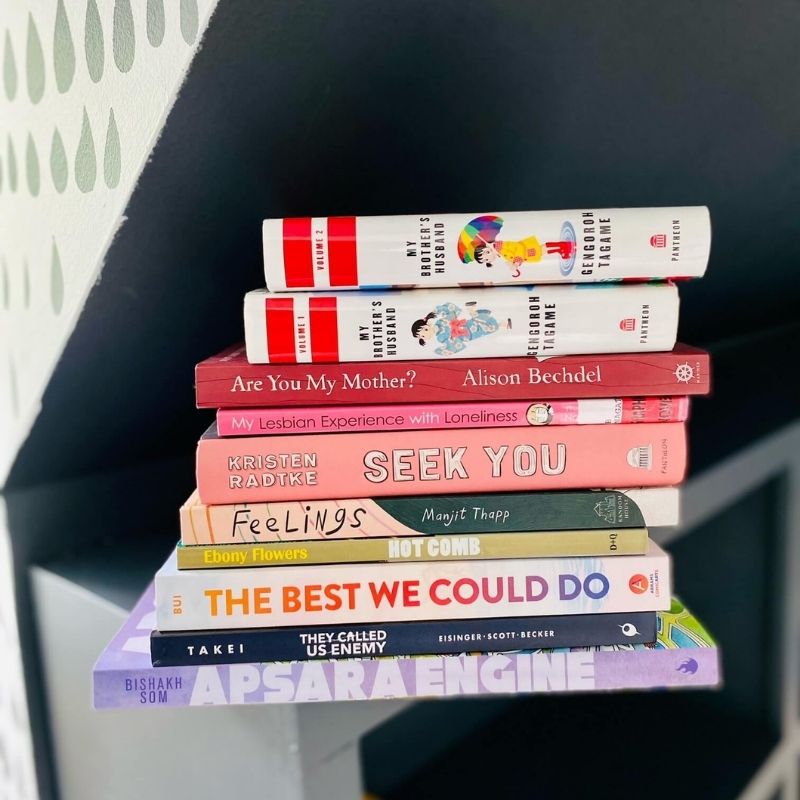
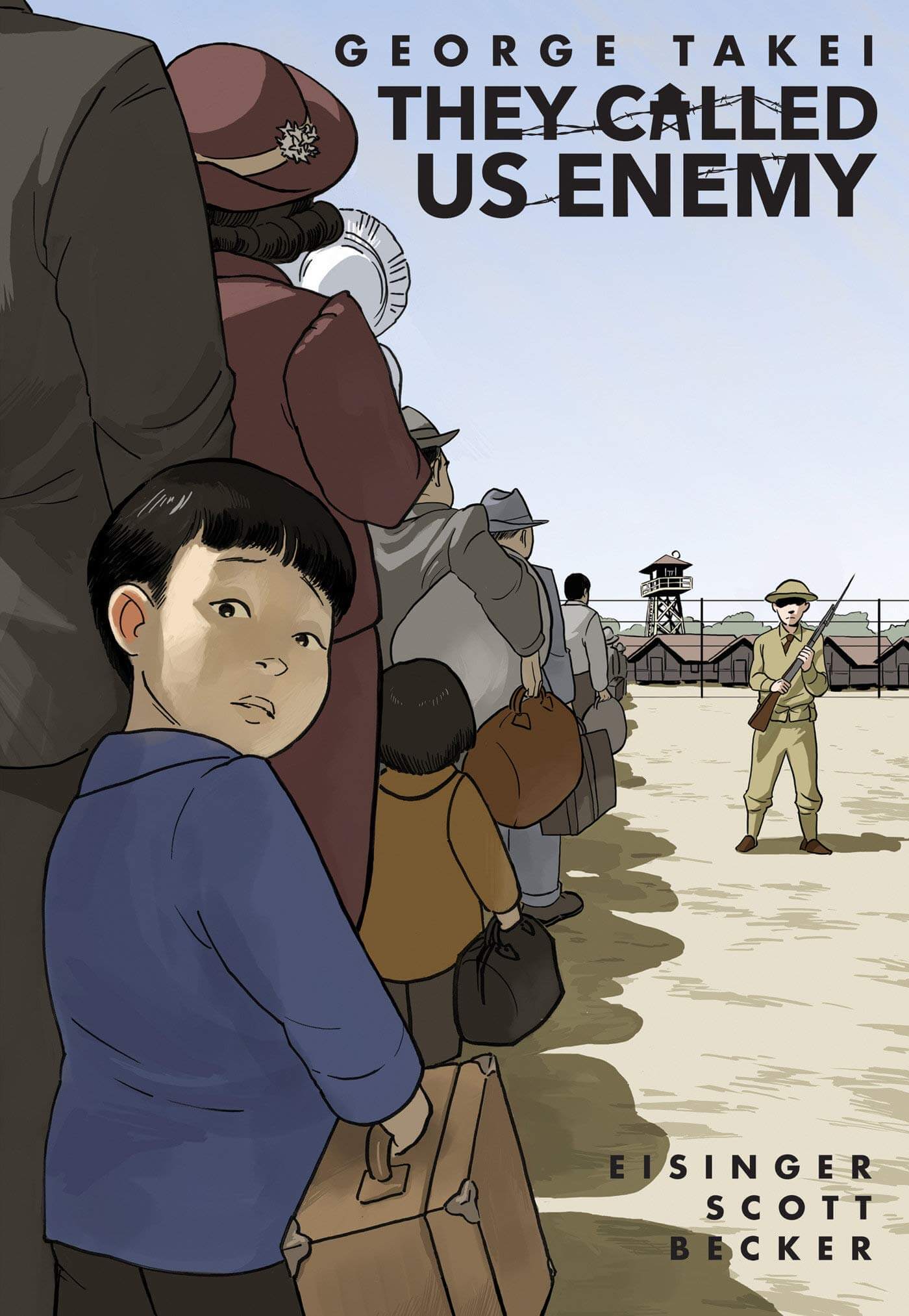

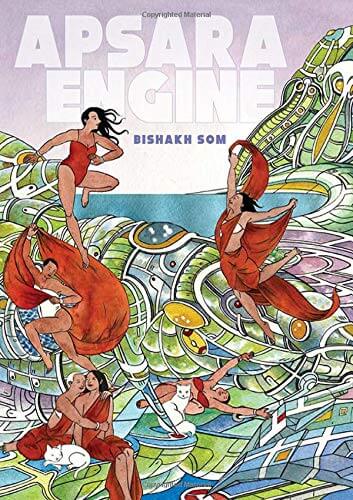
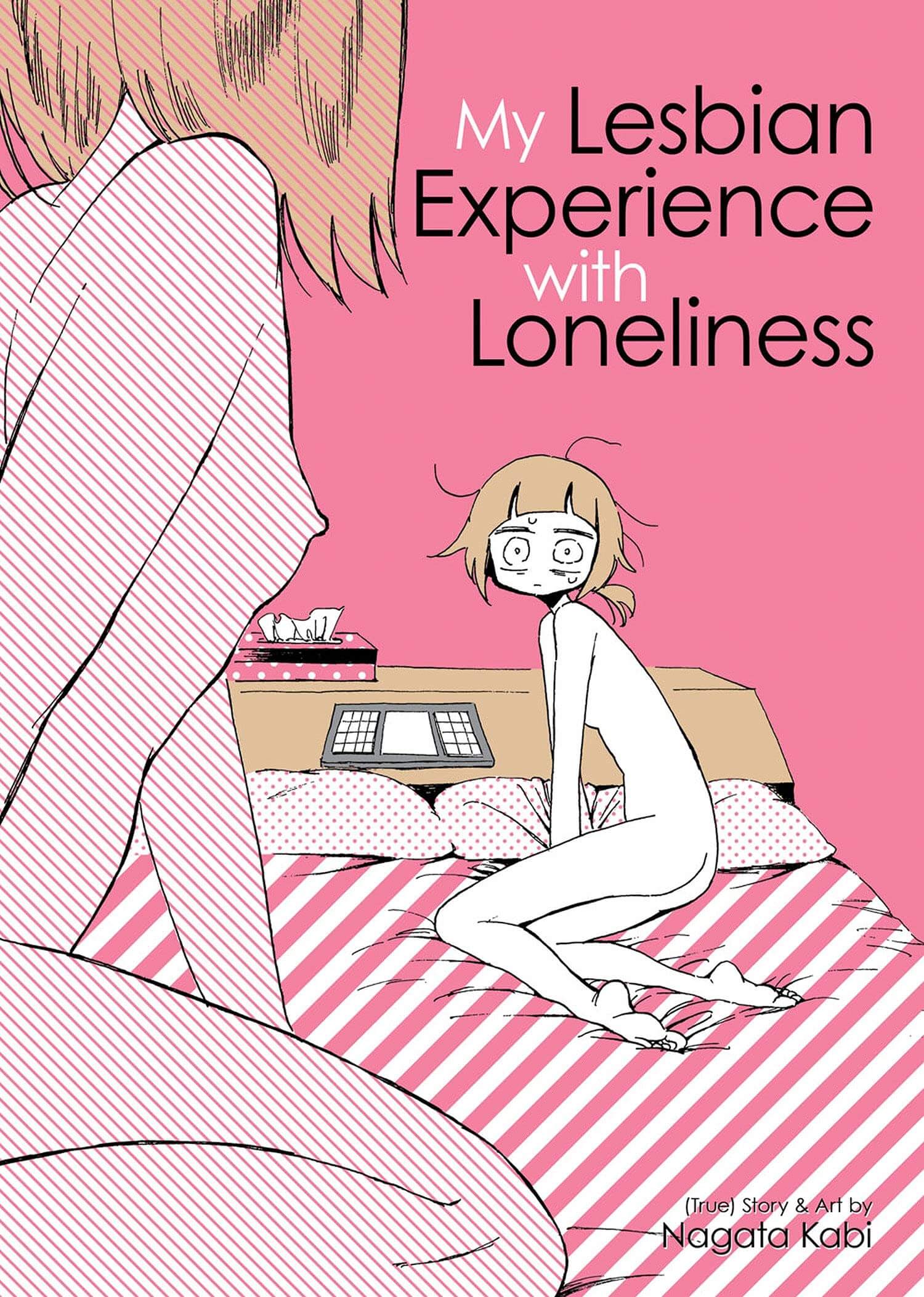
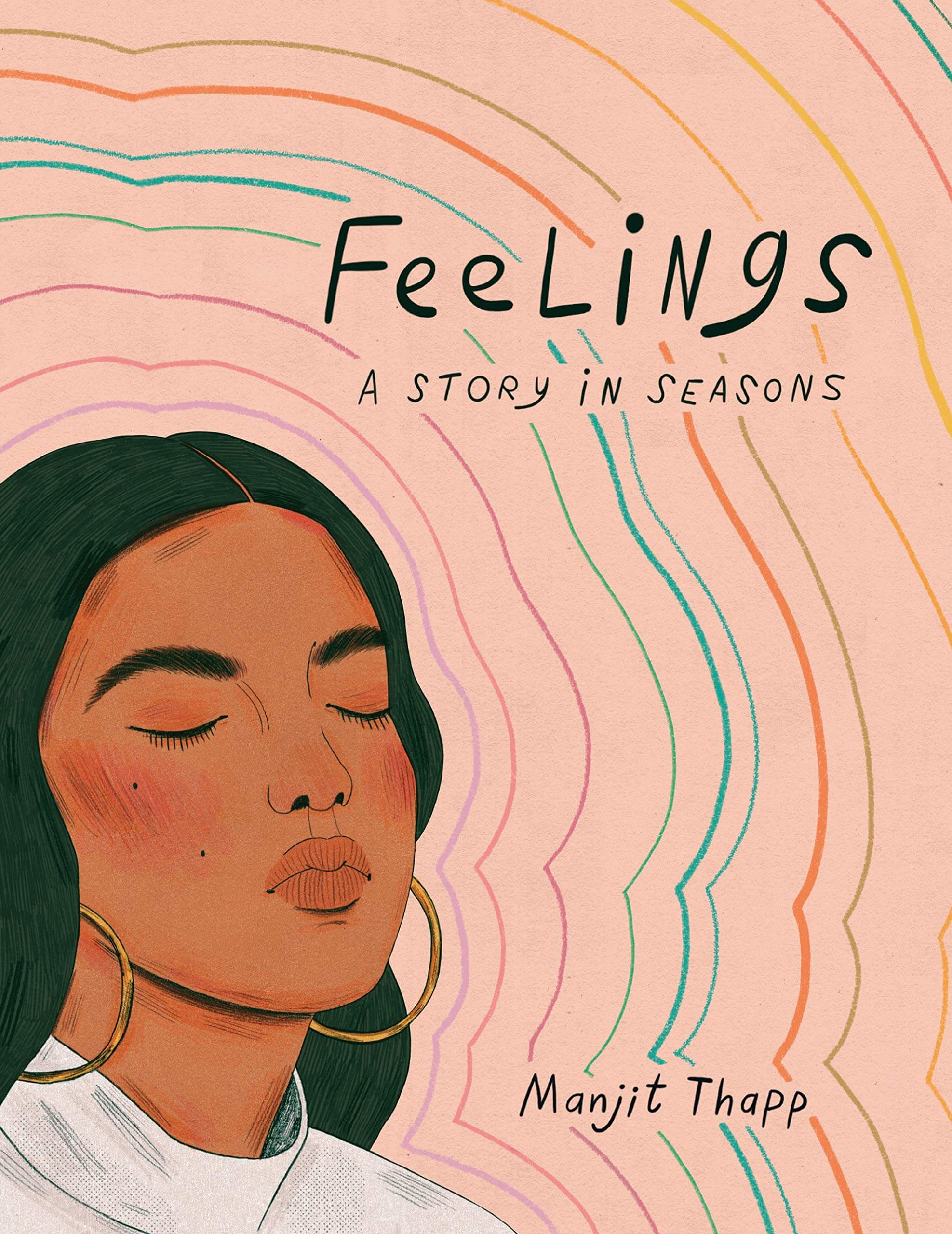
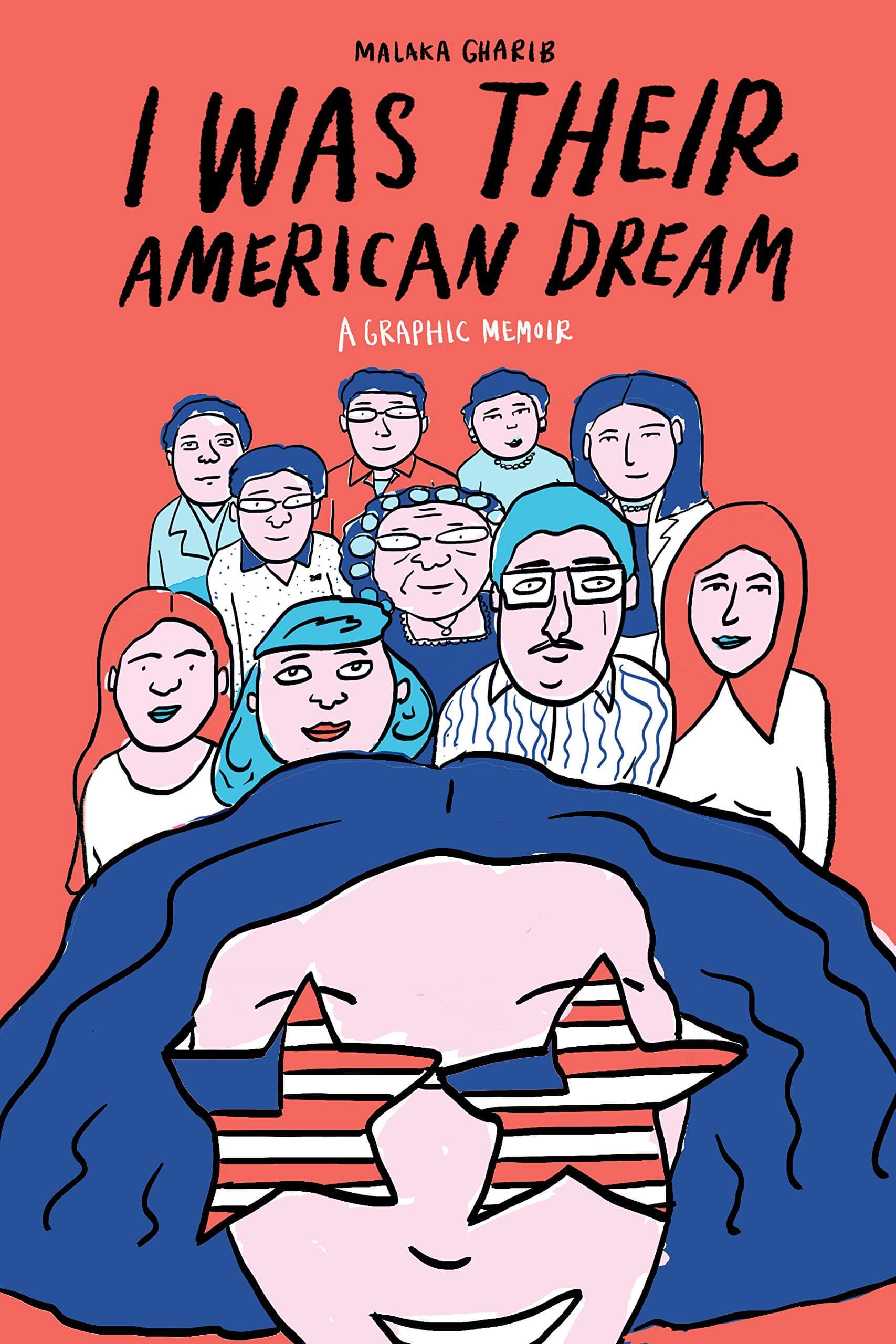
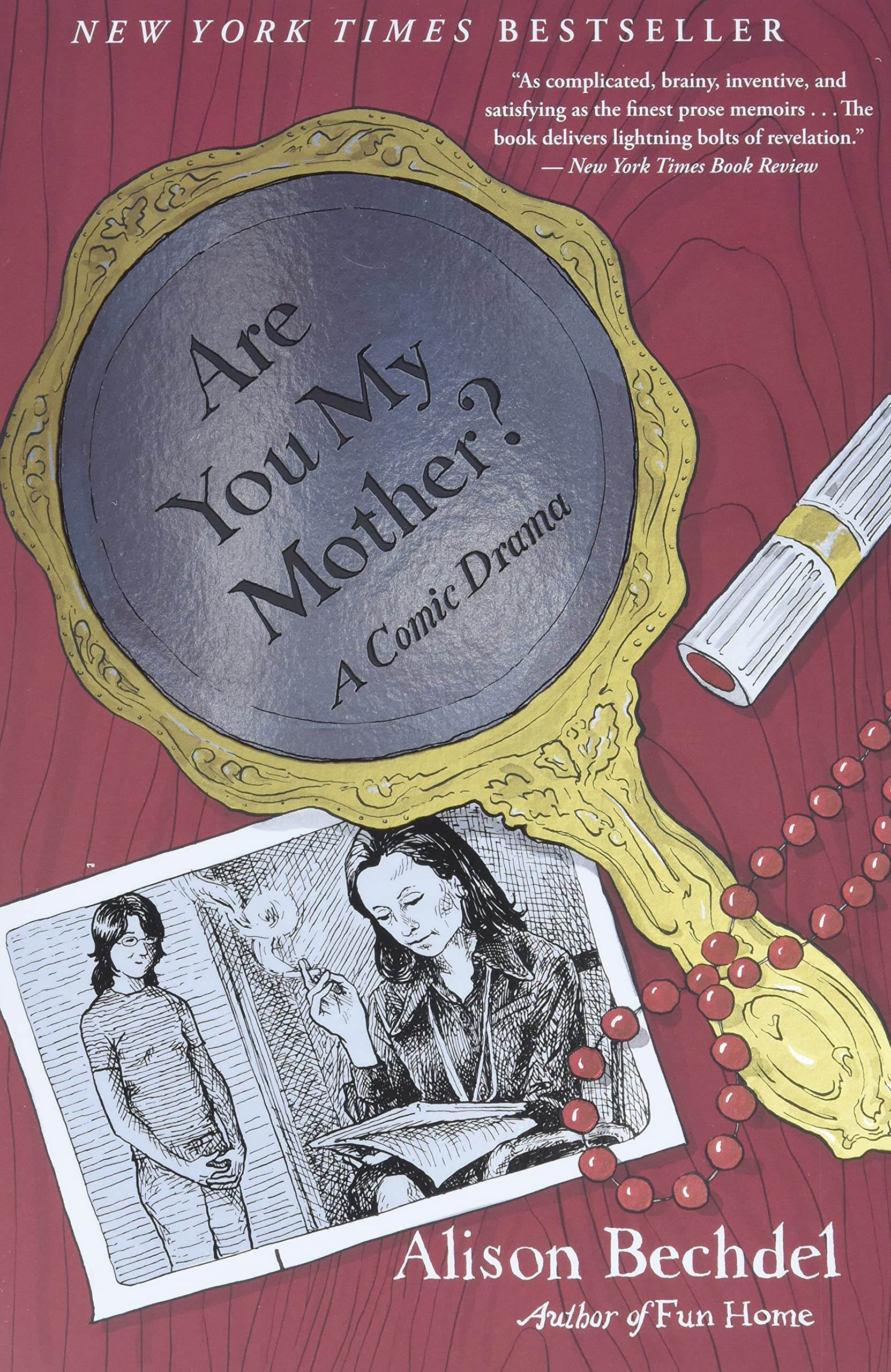
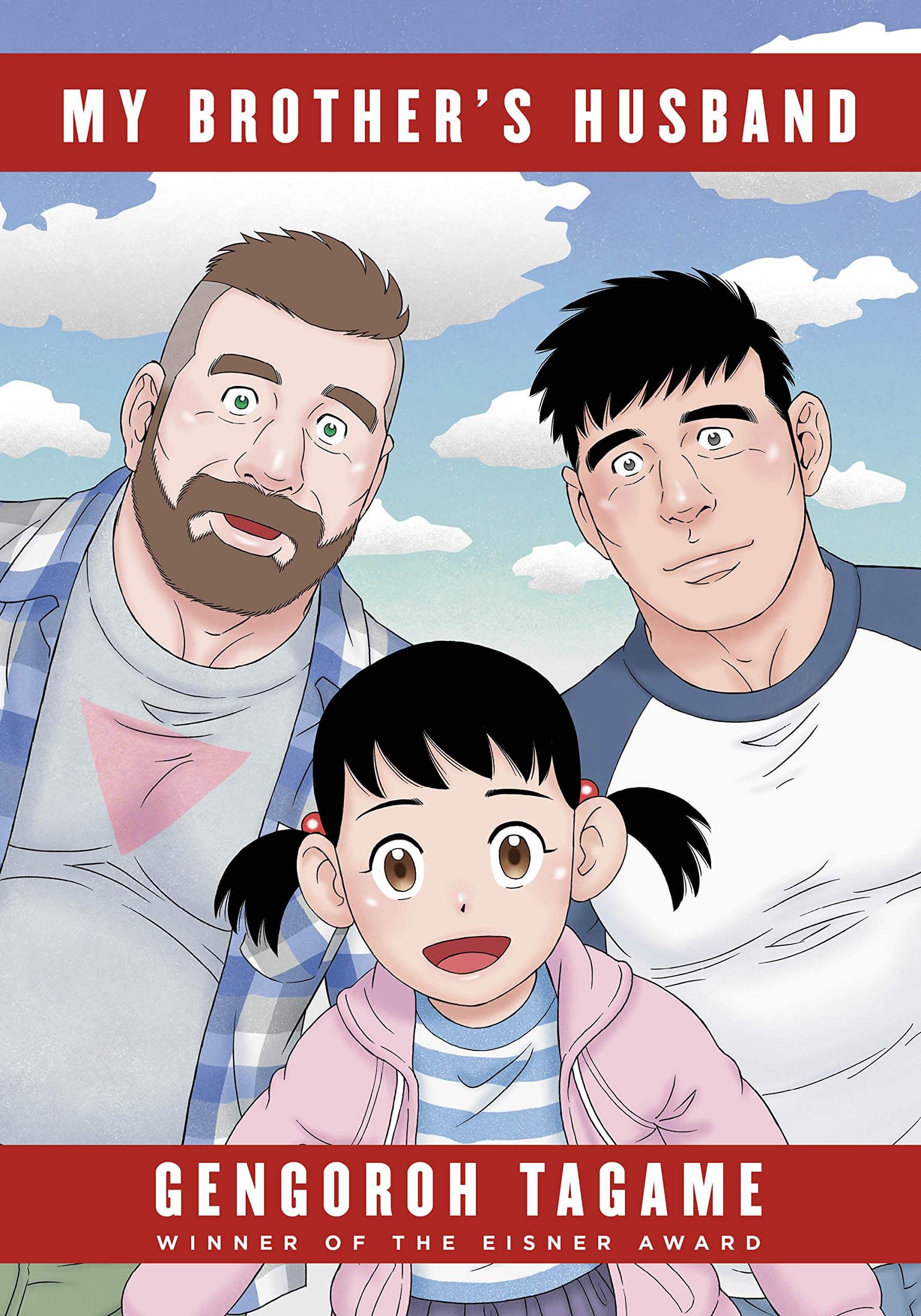
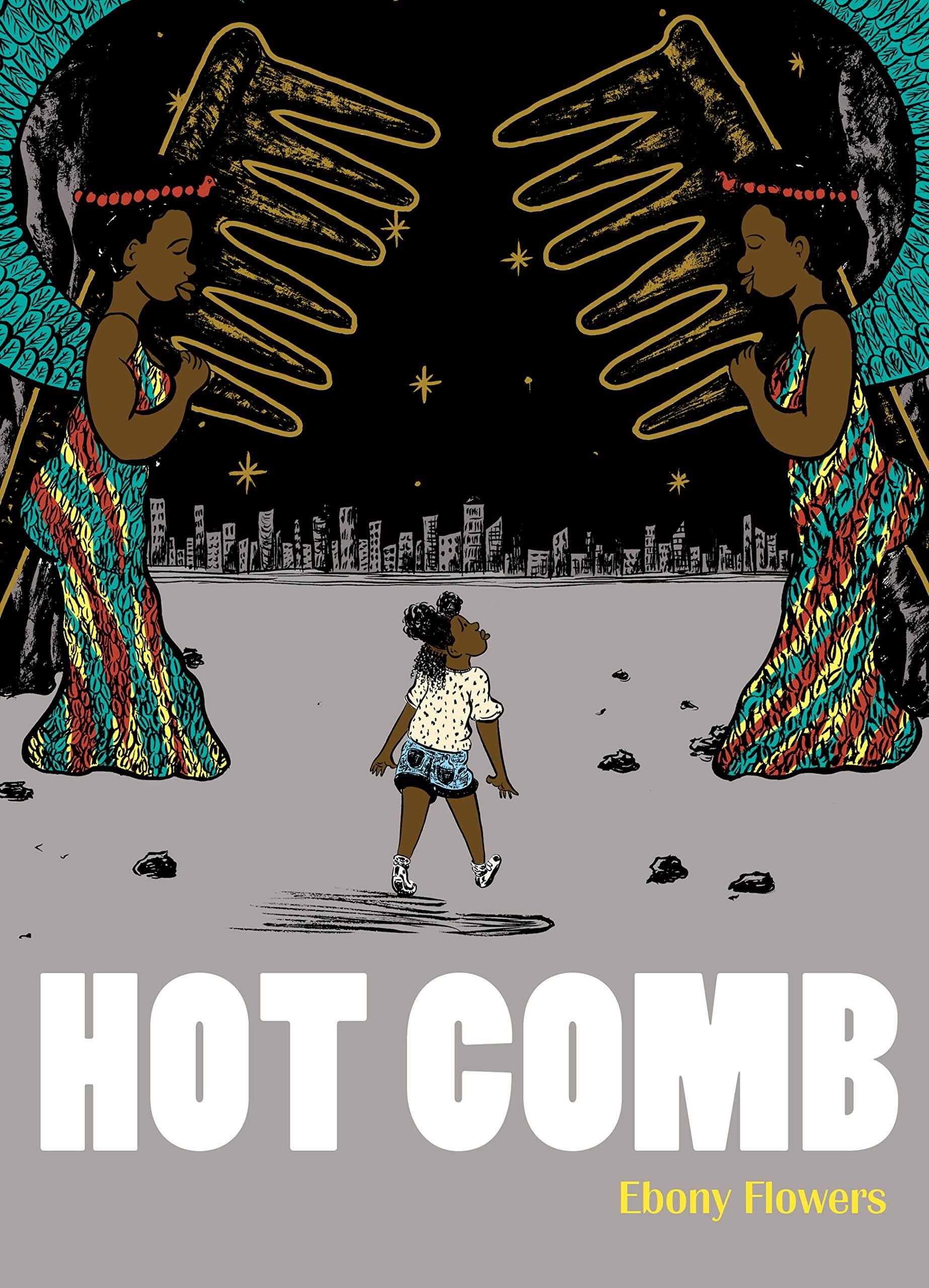
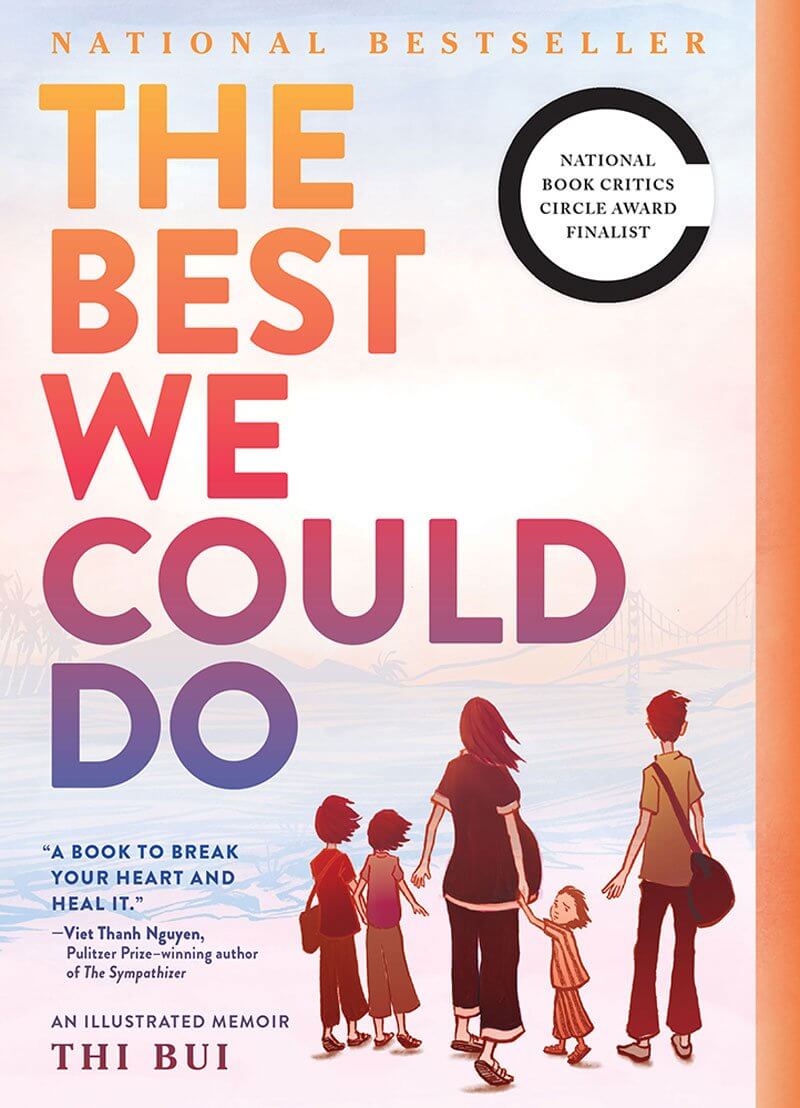
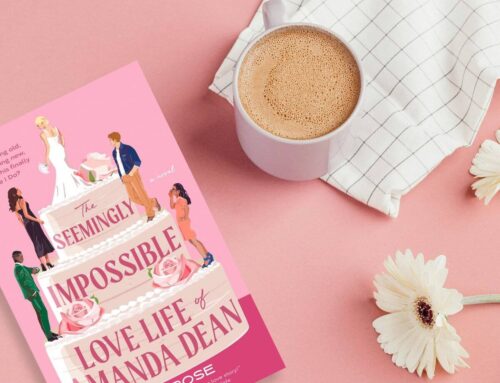
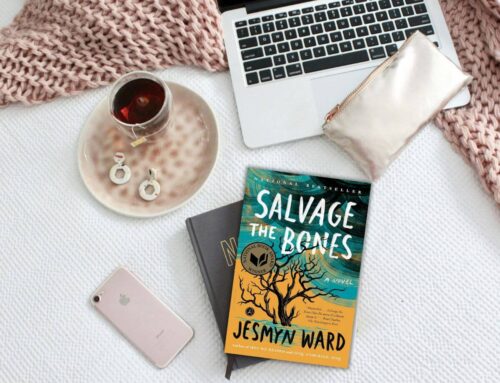
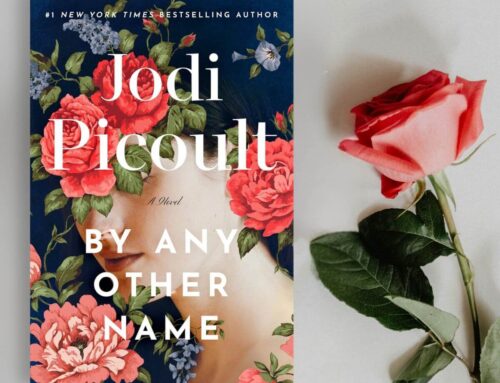
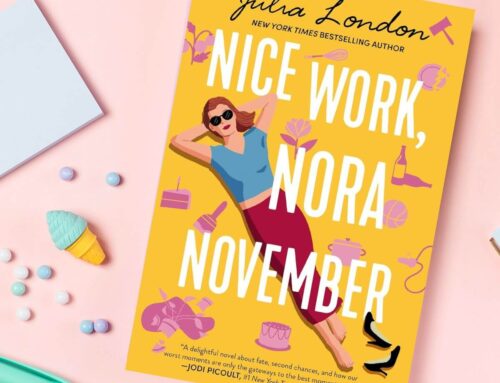
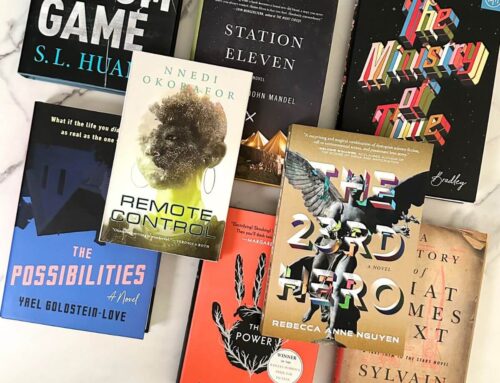

This is a great list! I’m looking forward to reading Seek You, and will have to check out more of these.
I know what I’ll be placing on my Christmas list—a few of these recommendations.